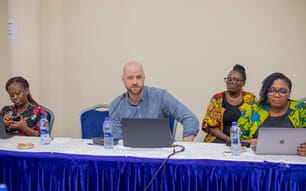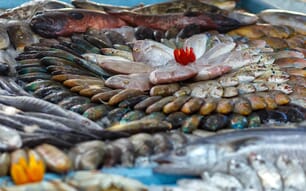IUU fishing affects trade, the environment and socio-economic conditions, said Stelios Mitolidis, deputy head of the IUU Unit at the Directorate-General for Maritime Affairs and Fisheries, speaking at the 2015 World Seafood Congress in Grimsby, UK.
As the largest fish importer, the EU needed to take action to ensure the traceability of seafood it was receiving.
The EU’s policy is a non discriminatory instrument that seeks to prevent, deter and eliminate IUU fiish products, explained Mr Mitolidis.
It is an operational tool that includes catch certification schemes and a cooperative tool for the exchange of information.
The EU’s work into preventing IUU fishing has so far proved positive with the investigation of over 200 vessels from 27 countries which has led to 10 countries taking further action against them.
The EU’s cooperation with third countries has helped to improve fisheries management and has highlighted countries who are not cooperating or taking action on illegal fishing through its card system, i.e. being given a 'yellow card'.
This system aims to create change and improve standards in line with international law, assured Mr Mitolidis.
However, if countries still do not take action then they will be given a 'red card' and then blacklisted as non-cooperating, which then usually leads to trade bans.
So far, the EU's work has resulted in improved governance in third countries, improved traceability and the strengthening of vessel monitoring systems, inspections and controls.
IUU Challenges Looking Forward
Some of the challenges that are still faced in preventing IUU fishing includes the full implementation of the 2001 FAO International Plan of Action and getting more countries to ratify the FAO Port State Measures.
There also needs to be more work on the Global Catch Certificate that ensures traceability, the IMO Number for vessel identification, increased exchange of information, chartering, increased use of new technology and improved traceability, Mr Mitolidis concluded.



